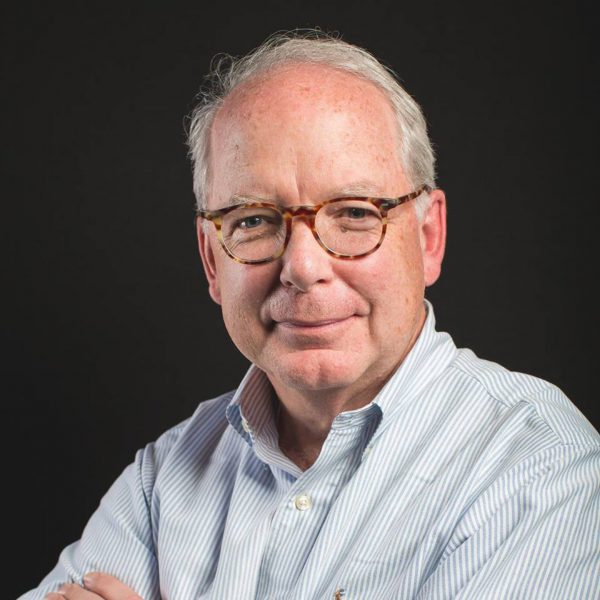Systems blocking people from self-sufficiency
 October 14, 2019
Category: Featured, Medium, Purpose
October 14, 2019
Category: Featured, Medium, Purpose
Disclosures
This guest post was written by David Griffith, executive director of Episcopal Community ServicesImagine you are working two part-time jobs to make ends meet, but you are barely getting by.
You have done everything the right way, being the first in your family to graduate from high school, earned good grades, and have held a job since you were allowed to to save to put yourself through college.
After recognizing your efforts, one of your part-time jobs offers you a full-time position with health benefits. You accept the offer but lose your SNAP benefits and PHA increases the amount you are responsible for in rent. You are now more financially burdened than you were before.
This is a grim reality for many in our city. Nearly a quarter of those we sit next to on the bus, pass on the street, or stand beside in the line of the supermarket live in poverty.
Despite juggling multiple jobs, being self-sustaining can be far out of reach. Government subsidies become necessary, as the supplement the costs for things like housing, food, and childcare makes surviving more affordable. However, there are income limits set to remain eligible for these benefit programs. And these limits hinder a person’s ability to be economically independent.
When an individual or families begin to earn more than the income thresholds, they can become ineligible or see a decrease in subsidies. This is called the cliff effect.
A single person living on a fixed income of $1,300 per month may be eligible for $95 a month in SNAP benefits. That cuts down on their own money spent on groceries, where money is already tight. They obtain a job that increases their monthly income to $1,450. This increase makes them ineligible for SNAP because the income limit is $1,318 for a single person.
This increase results in a loss of $95 for groceries — which they are now responsible for — making accepting a higher paying job feel more detrimental than rewarding.
Why seek employment tied to a higher wage when the increased income results in less financial assistance and more out of pocket costs? Because of this, many people stray away from creating a path to move up the economic ladder. Why would anyone want to take one step forward, when they know they will then have to take two steps back?
Instead of feeling proud and motivated, people feel punished for working towards escaping the unfairness that is poverty.
Episcopal Community Services’ (ECS) newest program, MindSet, coaches people and prepares them for the loss of benefits while moving up the economic ladder.
MindSet is a three- to five-year program that focuses on the self-efficacy of people by navigating through barriers in all areas of their lives. Through the use of individualized coaching, network building, goal setting, and monetary incentives, people are able to achieve self-sufficiency. Long-term goals are broken down into smaller attainable goals that make climbing up the rungs towards economic independence feel more attainable.
These research based program elements have proven to be the driving forces behind the ability to step away from crisis management and into a stable and fulfilling life.
The reality of losing public benefits due to achieving economically is frightening, but it is possible to navigate with preparation.
Episcopal Community Services’ flagship conference, The Forum on Justice & Opportunity, will explore the cutting-edge work being done to move individuals and families away from the cyclical effects of intergenerational poverty, including the cliff effect. This one day conference will connect volunteers, students, social change activists, and human service experts around solutions to the biggest challenges facing Philadelphia.
To learn more and be a part of addressing solutions, visit ecsphilly.org/forum.
Trending News










